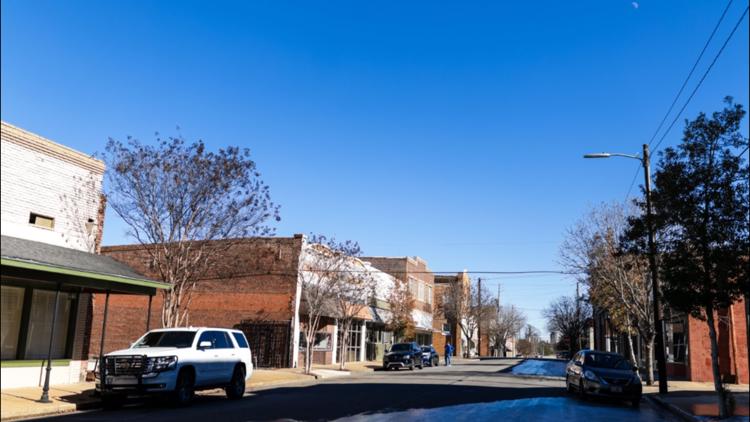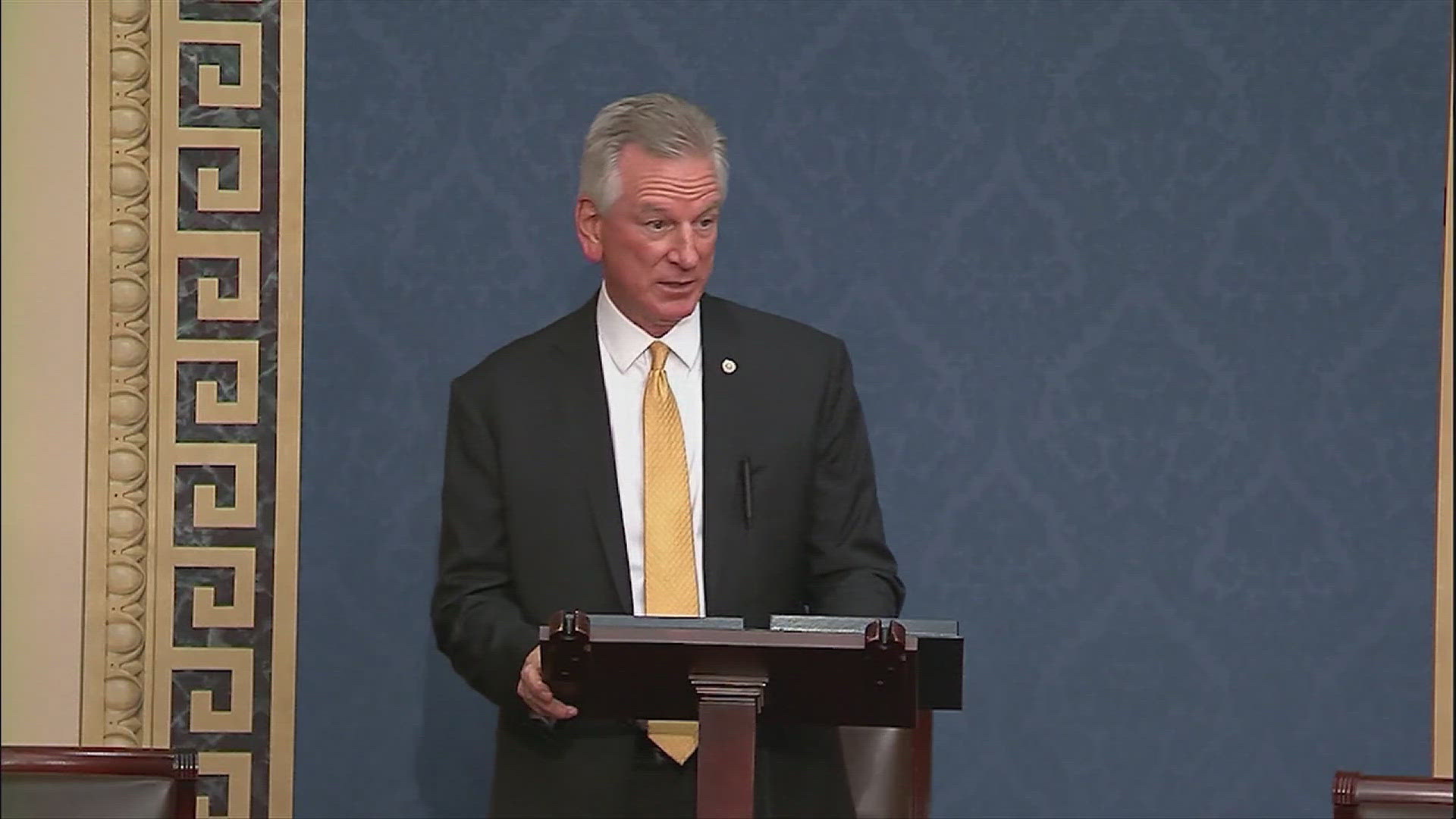MONTGOMERY, Ala. — A board overseeing the creation of the state’s first residential high school focused on health care laid the groundwork Monday to select a leader and prepare a curriculum.
The Alabama School of Healthcare Sciences, located in Demopolis, is scheduled to enroll its inaugural ninth-grade class in 2026. The school aims to address Alabama’s health care staffing crisis, particularly in rural parts of the state, by training students for roles across the medical field.
Rob Pearson, interim president of the Alabama School of Healthcare Sciences Foundation, said Monday that the school will offer “certification levels beyond what’s currently available in Alabama high schools” for those looking to become health care professionals.
“We want to find them to become the nurses and the X-ray technicians, and the different things that we’re going to be producing in the state,” he said.
Bloomberg Philanthropies’ initiative to establish high schools focused on health care is providing $26 million of the estimated $80 million needed to build the dormitory and campus facilities, with a groundbreaking expected by mid-2025. The five-story dorm will be the tallest building in Demopolis. Pearson said that the school is the only rural residential school funded by Bloomberg.
There are severe health care provider shortages in rural Alabama, with rural counties having far fewer primary care physicians per resident than urban areas. With rural population in decline, particularly in the Black Belt, those who remain are older adults who face growing obstacles to accessing health care. In 2020, Alabama averaged one physician per 1,520 residents, but rural counties like Wilcox and Lowndes have far worse ratios, with one physician serving 5,103 and 9,641 residents, respectively.
These provider shortages lead to health disparities. The Black Belt experiences some of the state’s worst health outcomes, and Alabama already ranks among the lowest nationally. Life expectancy in every Black Belt county is below the state average of nearly 75 years, with Wilcox County residents living an average of 69.8 years.
The board will convene a curriculum committee in December to finalize curriculum requirements aligning with high school graduation requirements and health care certifications that will be presented to the board for discussion, said Pearson. He added that the curriculum will involve partnerships with community colleges and regional hospitals where students can get clinical hours.
State Superintendent Eric Mackey said the school’s recruitment strategy will focus on drawing students from across the state to build a workforce pipeline beyond those wanting to attend medical school, like nursing.
“Essentially all the recruitment is going to be done in middle schools, and you’re telling people ‘Send your child off at age 14 to a boarding school’ and ‘Here’s what we offer,’ then you’re going to have to have a pretty robust package to get people to do that,” Mackey said.
The Alabama School of Healthcare Sciences will join a network of specialized boarding schools, including the Alabama School of Cyber Technology and Engineering.
Pearson expressed optimism for the project despite challenges.
“Bloomberg is really interested to see how this goes, because that may become the model nationwide. Their goal is to perfect the 9th through 12th experience to meet the health care needs of the future,” Pearson said.
Gov. Kay Ivey initially proposed the school in her 2023 State of the State address, presenting it as a way to address the state’s critical shortage of health care workers “to fill a broad spectrum of health care jobs or pursue a higher education.”
The board plans to reconvene in February 2025 to review progress on the presidential search and curriculum development.
This article originally appeared in the Alabama Reflector, an independent, nonprofit news outlet. It appears on FOX54.com under Creative Commons license CC BY-NC-ND 4.0.



